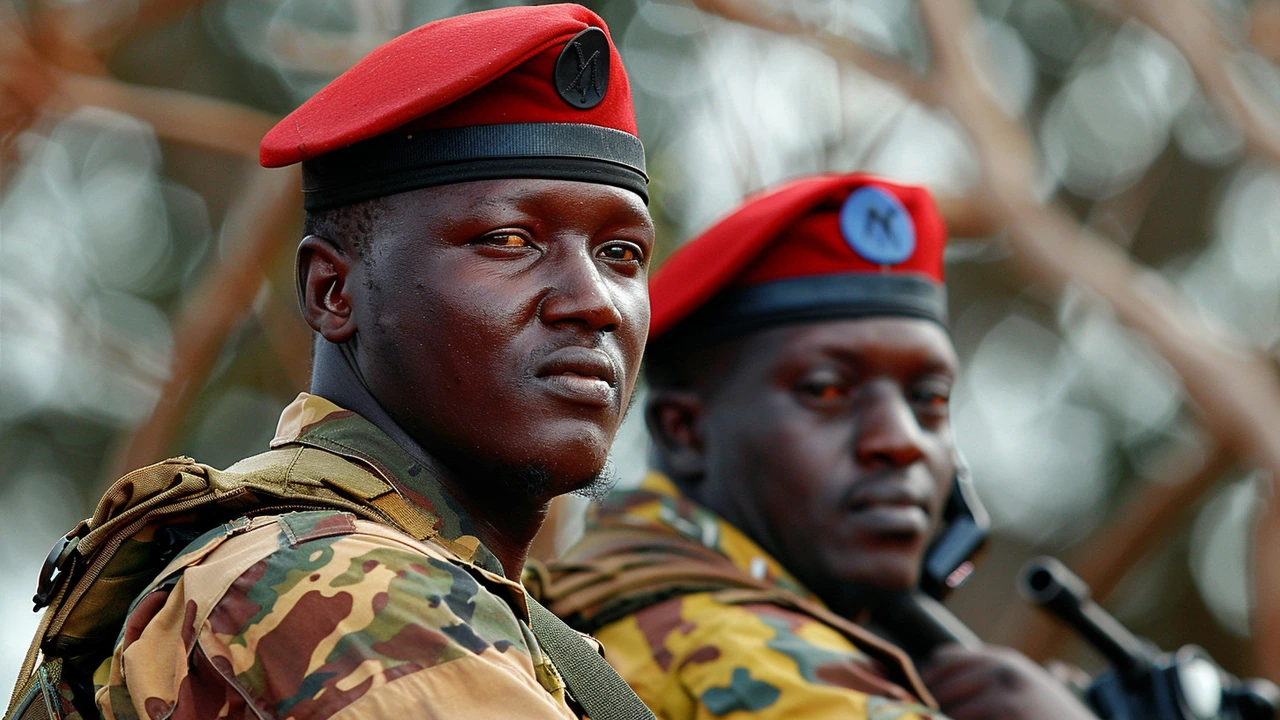Security isn’t just a buzzword on African game farms—it’s a make-or-break factor. Poaching, theft, local conflicts, and even some high-profile cyber hacks are hitting game farms hard. Most folks don’t realize how vulnerable these parks are, not just to wildlife threats but from determined criminals and shifting political climates.
Poaching keeps evolving. It’s no longer just lone hunters with rifles. Syndicates are using night vision, drones, and insider info. One farm in South Africa lost dozens of rhinos in a single season to an organized ring. These attackers know the terrain and the weak spots, making it tough for regular security teams to keep up. It’s not just Africa’s iconic animals at stake—people’s lives and livelihoods hang in the balance, too.
Technology helps, but brings headaches. Game farms are putting in surveillance cameras, GPS collars, and even facial recognition for staff and guests. Yet, all this tech makes farms targets for hackers. Data breaches have exposed farm operations and left staff open to ransom threats. It’s proof that security is about more than fences or patrols—it’s digital, too.
Farms aren’t just battling crime; local tensions also play a role. Land ownership disputes, community clashes, and protests sometimes break out at the farm’s edge. In some regions, frustrated locals see game farms as wealthy outsiders and target them for protests or worse. This leaves managers juggling law enforcement, community leaders, and conservation partners—sometimes all at once.
Some farms fight back with community outreach. For example, a project in Kenya started funding local schools and hired villagers as wildlife rangers. Poaching rates dropped fast. It shows that building real trust with locals isn’t a quick fix, but can pay off long-term.
The insurance side isn’t simple either. Coverage gets expensive and limits keep shrinking. After major incidents, some insurers have pulled out from covering poaching or riot-related losses. Farm managers end up facing tough choices: spend big on private security, embrace technology, or focus on local relationships. There’s no easy answer.
So, what’s changing? More farms are adopting layered security—combining patrols, dogs, tech, and smarter staff training. Others are pushing for better public funding and laws to make it tougher for criminals. There’s also more regional cooperation, with farms sharing intel with each other and officials. The game is rising and falling with every new tactic.
If you run, visit, or work with African game farms, keep your ear to the ground. Security isn’t just a side concern, it’s front and center. Real progress comes from a mix of innovation, local trust, and old-fashioned vigilance. Want to know more about specific incidents or clever solutions that really worked? Check out our latest stories and updates—there’s always something surprising happening in this space.

The military junta in Burkina Faso, led by Captain Ibrahim Traoré, has extended its rule until 2029. Citing the need to address security issues and implement reforms, the decision has sparked concerns regarding future instability and the undermining of democratic progress in the country.
Read More >>